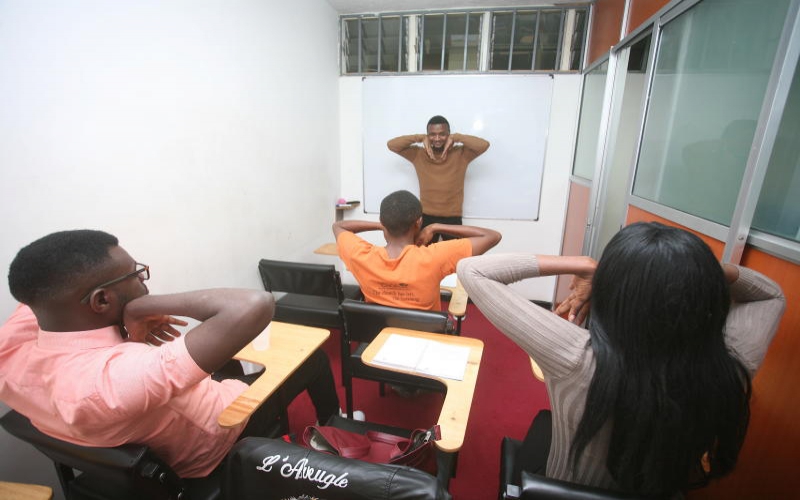×
The Standard e-Paper
Join Thousands Daily

For a boy who loved music, absolute stillness was something that made him very uncomfortable.
Now a young man, tall and unassuming, he walks with a confident gait. He seems to have embraced the quiet of his world, a quiet that would have once broken him.